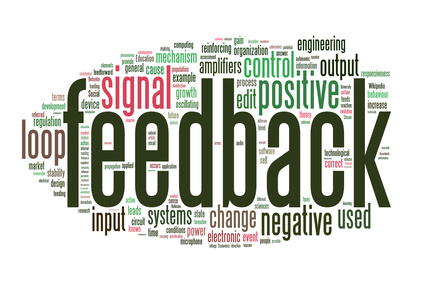In the time that passes between when I was a schoolgirl in high school and when I started teaching, I really see the big difference. This variance is mainly caused by educational reforms that have been adopted in recent years. Therefore I started getting interested in formative assessment as a tool to motivate students to perform better at the lessons, this raised the question in my mind; “What is the formative assessment, and what does it do?”
I have deepened my knowledge about the usage of formative assessment and the role of feedback for the sake of my future practices at school. I am trying to sort it all out in my blog. Formative assessment is a top-trending topic of these days among different stakeholders; it is “a process through which assessment-elicited evidence of student learning is gathered and instruction is modified in response to feedback” (Cauley & McMillan, 2010, p.1). It has been noted by many teachers that they have benefited from using feedback at the lessons. The main benefit of formative assessment is verbal feedback which teacher can give in every lesson to enable students to fulfil their potential and motivation to study further. Nevertheless, it does not always imply collaboration between students and teachers, it also describes how learners work measures up to the standard and explores the gap between current and aspired performance (Nolen, 2011; Yue., et al., 2008). In other words, when learners have definite goals, and timely feedback, they have a basis that leads them to understand their achievement; reflect on their weaknesses and strengths. In addition, it gives an opportunity to improve monitoring of the effectiveness of measures adopted on various aspects of feedback. Self-reflection will expand students’ responsibility on their academic achievements. It can be considered as a kind of teachers’ support with reminders which pushes them to action, and encouraging them to pay attention on their knowledge perception and meeting the learning objectives rather than getting grades.
There is every hope, that all teachers will use feedback as a powerful tool. Academic achievements of students will reveal whether these indirect measures are sufficient.

Photo credit: http://www.properties-in-charente.com/fr/article-layout/156-some-more-great-client-feedback
Photo credit: https://www.opp.com/en/Consultancy/People-development-solutions/Coaching-and-one-to-one-feedback
Cauley, K. M., & McMillan, J. H. (2010). Formative Assessment Techniques to Support Student Motivation and Achievement. Clearing House: A Journal of Educational Strategies, Issues And Ideas, 83(1), 1-6.
Nolen, S. B. (2011). The Role of Educational Systems in the Link between Formative Assessment and Motivation. Theory Into Practice, 50(4), 319-326.
Yue, Y., Shavelson, R. J., Ayala, C. C., Ruiz-Primo, M. A., Brandon, P. R., Furtak, E. M., & Young, D. B. (2008). On the Impact of Formative Assessment on Student Motivation, Achievement, and Conceptual Change. Applied Measurement In Education, 21(4), 335-359. doi:10.1080/08957340802347845
